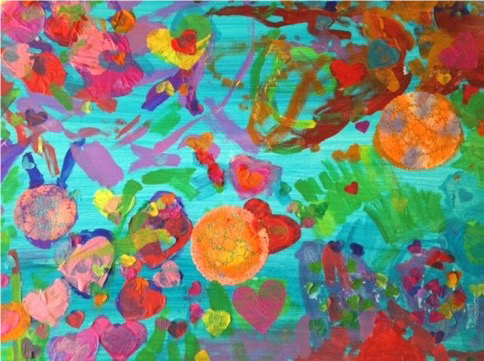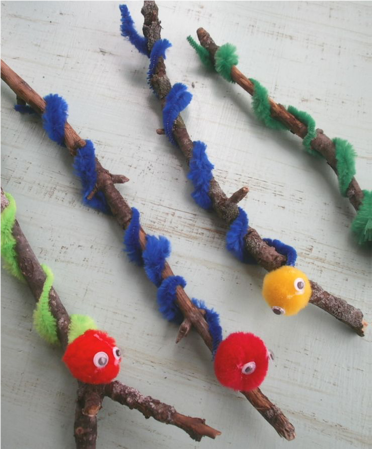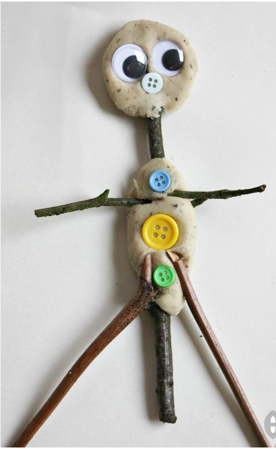The Hundred Languages of Children
“The child is made of one hundred. The child has a hundred languages, a hundred hands, a hundred thoughts, a hundred ways of thinking of playing, of speaking a hundred always a hundred” …
~ Loris Malaguzzi
Founder Reggio Emilia
Reggio Emilia Approach
The Reggio Emilia Approach is an innovative and inspiring approach to early childhood education, which values the child as strong, capable and resilient; rich with wonder and knowledge.
Every child brings with them deep curiosity and potential and this innate curiosity drives their interest to understand their world and their place within it. Philosophy puts the natural development of a child, as well as the close relationships that they share with their environment at the centre of its philosophy.
The Reggio Emilia Approach originated in the town and surrounding areas of Reggio Emilia in Italy out of a movement towards progressive and cooperative early childhood education. Founded by Loris Malaguzzi.
Fundamental Principles
Children are capable to construct their own learning
They are inspired by their own interest to know and learn, and as such, they are endowed with a uniquely individualistic understanding of how to construct learning on their own.
Children are collaborators and learn through interaction within their communities
Children are collaborators and work best when included in a community.
Children are natural communicators and should be encouraged to express themselves however they feel they can
Children are natural communicators, and thus should be encouraged to communicate through whatever means they can. This may include words, movement, drawings, paintings, buildings, sculptures, and more. Because of the many ways that children express, discover, and learn, children should be encouraged to use many materials for discovery, communication, and even demonstration of what they understand, wonder, question, feel, or imagine.
Environment acts as the third teacher
The environment is recognised for its potential to inspire children. Natural light, beauty, open free spaces, where every material is considered for its purpose. Every corner is ever-evolving to encourage children to delve deeper and deeper into their interests. The space encourages collaboration, communication and exploration. The space respects children as capable by providing them with authentic materials & tools.
Activities and Plan
The Reggio Emilia Approach emphasises hands-on discovery learning that allows the child to use all their senses and all their languages to learn. The activities inspired by this approach focus on a child’s natural development which in turn contributes to the cognitive, physical, social, and emotional well-being of children.
Discovery – Nature walk, observing the natural environment like leaves, twigs, trees etc.
Sensory exploration – Painting , Play doh, Clay, Shadow Play
Exploring new material – like Rocks, Magnets, Fabric, Blocks etc.
Imagination – Drama, Dancing, Puppets, Music, Story Telling
The Facilitator plans activities inspired by the Reggio philosophy, in collaboration with teachers of the school. It will be a monthly activity, conducted with children of class 1 and 2. Special days can also be planed like the Children’s Day.
The activities inspired by the Reggio philosophy realise the all the 6 conditions of happiness.


